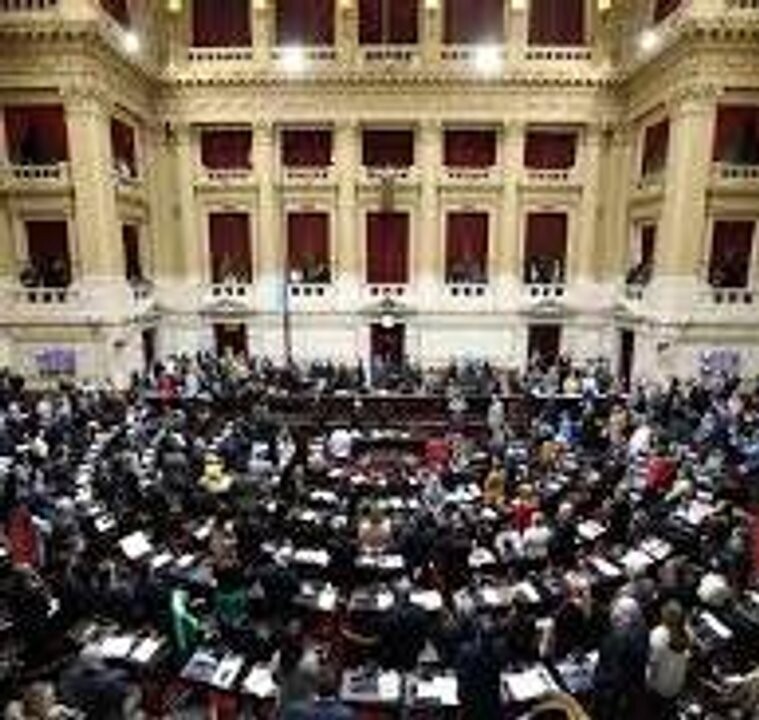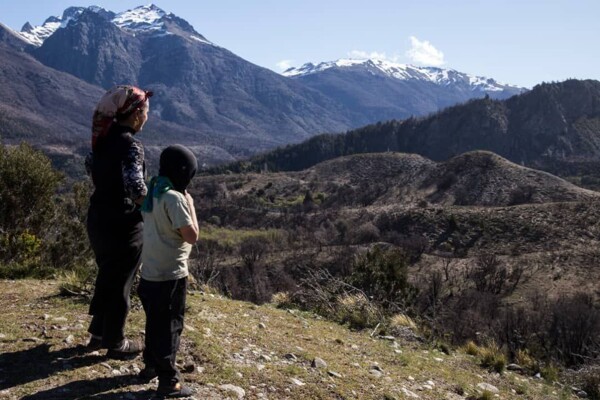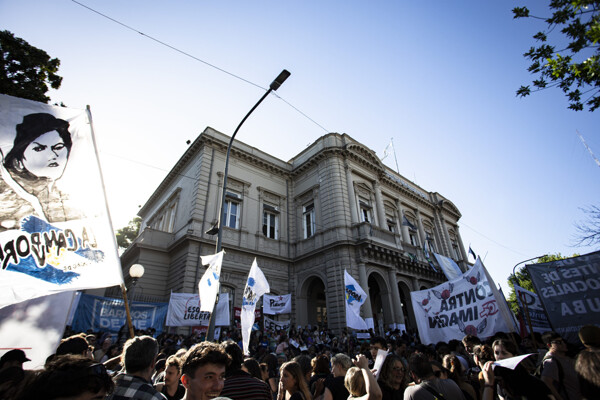
The Ficha Limpia bill, which seeks to prohibit leaders with convictions for corruption from being candidates and holding certain public offices, has formally entered the Chamber of Deputies for discussion in extraordinary sessions. The proposal, supported by a majority sector of Encuentro Federal, has the endorsement of several legislators, although it also faces opposition from sectors such as Democracy for Always, which seeks to extend the prohibition to other crimes such as drug trafficking, rape, and human trafficking.
For the project to be enacted, an aggravated majority of 129 votes in the House and 37 in the Senate is required. Although in the House there is already a report from the Constitutional Affairs and Justice committees on Ficha Limpia, the ruling party intends to readdress it in committee to avoid changes in the session chamber. The initiative establishes that those accused of crimes such as fraud against public administration, bribery, and influence peddling, among others, will not be able to run for office.
President Javier Milei signed the initiative before traveling to the United States, where he participated in the swearing-in of President Donald Trump. Unlike other projects promoted by different political parties, the official proposal limits the prohibition of being a candidate to convictions in the second instance issued before elections. The text of the project specifies that the prohibition will only apply in cases where the conviction has been confirmed in the second instance before December 31 of the year prior to the electoral process.
The project also includes the prohibition of convicted individuals for corruption from holding certain positions such as heads of cabinet, ministers, secretaries, among others. It is established that the National Electoral Chamber will maintain a Public Registry of Ficha Limpia that will detail the second-instance convictions confirming the crimes established in the first instance, as well as their possible revocations and the data of the persons affected by such sentences. In this sense, the ruling party will sit down to dialogue with allied blocs that support Ficha Limpia, while sectors such as Kirchnerism and the left reject the initiative as a whole.














